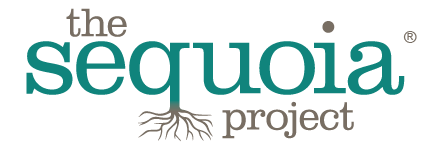An agreement formed by two health-information connectors represents a major advance for nationwide interoperability, potentially enabling more than 15,000 hospitals, clinics and other health care organizations to share data. This would allow, for example, a Miami physician to access the electronic records of a patient from Seattle who presents at the emergency department while vacationing. Here are five things physicians should understand about what this collaboration will mean for health-data sharing and care delivery.
About The Sequoia Project
The Sequoia Project is a non-profit, 501c3, public-private collaborative chartered to advance implementation of secure, interoperable nationwide health information exchange. The Sequoia Project focuses on solving real-world interoperability challenges and brings together public and private stakeholders in forums, such as the Interoperability Matters cooperative, to overcome barriers. The Sequoia Project is the Recognized Coordinating Entity (RCE) for the Office of the National Coordinator for Health IT’s Trusted Exchange Framework and Common Agreement (TEFCA). In this role, The Sequoia Project developed and will implement and maintain TEFCA’s Common Agreement component and operationalize the Qualified Health Information Network (QHIN) designation and monitoring process.
